How the nightclub culture has changed over the past 30 years
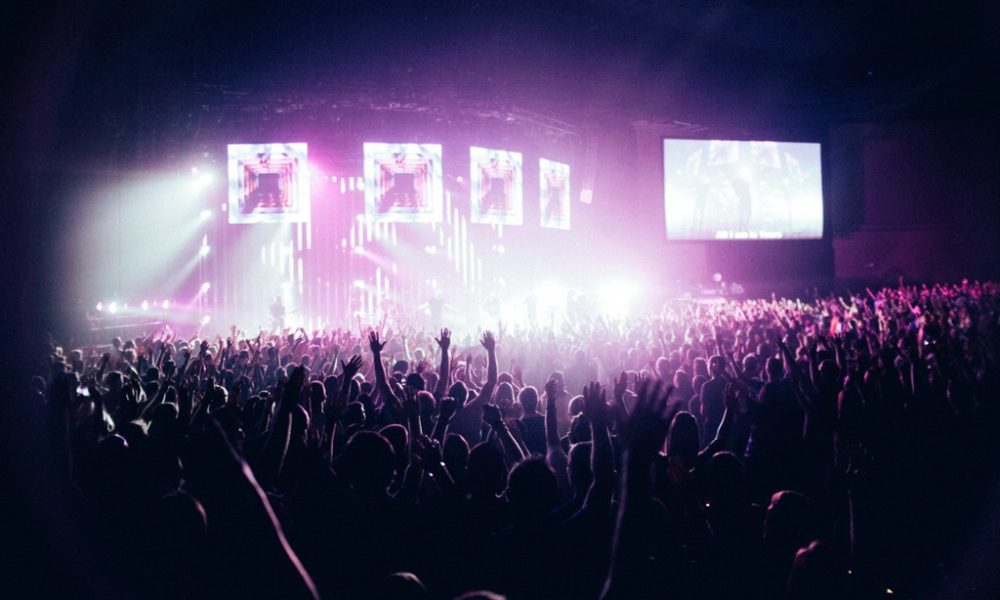
The nightclub scene has changed a lot during the last 30 years – and, initially, it can be difficult to discern exactly what to make of it. The Association of Licensed Multiple Retailers (ALMR) has recently reported a dramatic decline in the number of UK nightclubs, which begs the question: is nightclub culture in danger of dying out? Or is it simply evolving as personal tastes do?
When we really were together in electric dreams
To many people, particularly those who frequented nightclubs in their youth back in the 1980s, it might seem peculiar that nightclub culture is fading away, if indeed it is. For that generation, nightclubs might have been an integral backdrop to many of the most memorable moments of their lives. Perhaps you first fell in love or drunk alcohol in a nightclub, for example.
And that’s before we even consider how vibrant the nightclub scene was in the 1980s – when, as The Cheers recalls, clubs like The Blitz, the Batcave and the Camden Palace fuelled London as a nighttime hotspot. If you were old enough to be the right age then, you might remember the likes of Duran Duran, The Human League, Yazoo and Depeche Mode blaring away as men sported makeup and women went out in masculine suits. And other major cities across the UK, including Manchester, Leeds and Newcastle, certainly didn’t escape the cultural eccentricities of the decade.
The decade of superclubs and techno clubs
Nightclubs saw something of a subtle evolution in the 1990s. Disco-driven dance music, in genres including electronica, house music, trance and techno, were common in European and North American clubs, while new types of clubs rose to prominence. We’re thinking here of “superclubs” – like London’s Ministry of Sound, which opened in 1991, and Liverpool’s Cream, which put on its first night in October 1992 – and techno clubs such as The Haçienda in Manchester.
Nightclubs: in decline, or simply transformation?
Now, what comes out especially clear in our retelling of the recent history of Britain’s nightclub scene is that, in the 1980s and 1990s, nightclubs weren’t losing their relevance. Still, doubts about the popularity of nightclubs in the 2000s and 2010s have arisen, prompted by the ALMR’s recent revelation, as reported by The Guardian, that the number of UK nightclubs almost halved between 2005 and 2015. In that time, the number fell from 3,144 to 1,733.
This trend has led Dave Haslam, the writer of Life After Dark: A History of British Nightclubs & Music Venues, to dare to ask: “Is clubbing in the UK dying out?” However, in his closer inspection of the situation for a feature article on The Guardian’s website last year, he reached the conclusion that a new “nightlife revolution” was emerging. And he certainly hasn’t been the only commentator to hint that something of a rebirth is currently underway for the UK’s nightlife scene.
More closely scrutinising the supposedly worrying statistics
Haslam points out: “There’s no evidence that interest in music and going out itself has dropped since the 1970s, let alone in the period surveyed by the ALMR.” In fact, a re-emerging interest in live music, he observes, has been one of the last decade’s most obvious cultural developments. This might not have been adequately reflected by the ALMR, he adds, as “many live music venues aren’t represented by the ALMR, so they aren’t included in their audit.”
Haslam attributes most of the fall in the number of nightclubs to declining sales – which could, in turn, be blamed on many venues’ uninspiring offerings consisting of “the most obvious, lowest-common-denominator dance music”. He insists: “If you’re offering a homogenous product without much love or creativity, then you’re unlikely to gain any loyalty.” In other words, the falling number of nightclubs reported by the ALMR could be regarded as irrelevant: we should be primarily championing quality, not quantity, in the country’s nightspot venues.
A promising future beckons for nightclubs
JC Diaz, the Executive Director of the Nightlife Association, has expressed similar optimism about the nightclub industry’s future to New Theory Magazine. He commented that “the industry is definitely evolving. You’re seeing new design elements and advanced LED technology. You can make your place look like you’re in the middle of the forest or in space.”
So, perhaps we should just be encouraging night revellers to be more discerning about where exactly they have their evening fun. Get access to exclusive London nightclubs through use of Blu Nightlife, an intuitive booking hub, and this could pay dividends for your own nightlife fun.
The editorial unit





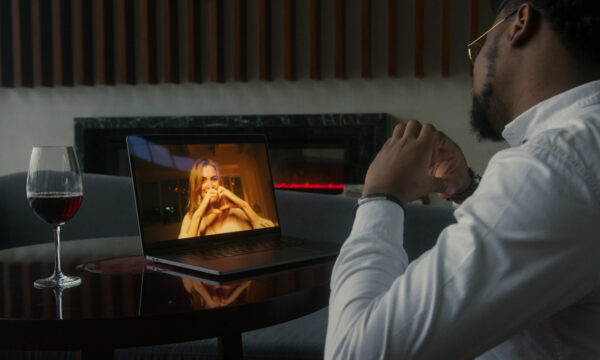
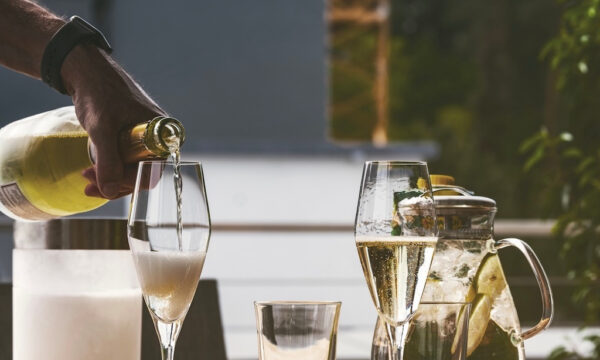


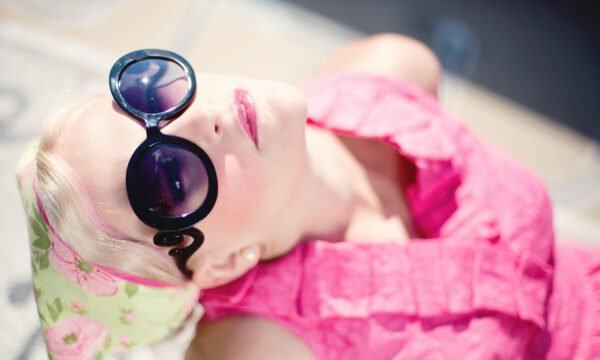
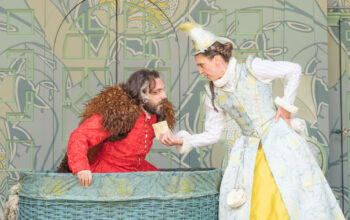

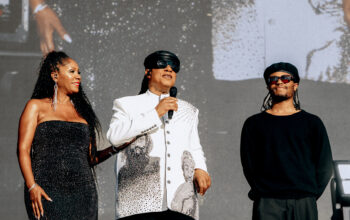
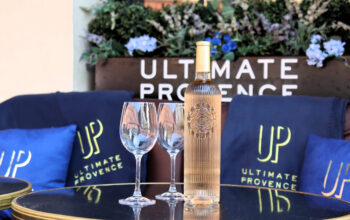
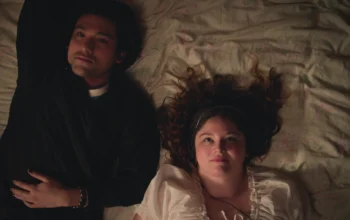
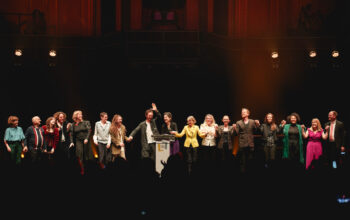
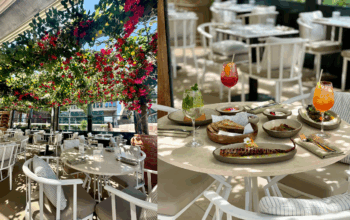
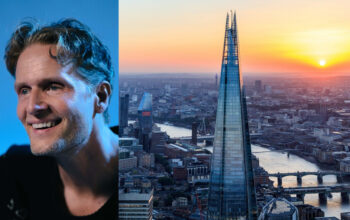

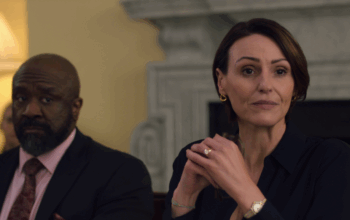





Facebook
Twitter
Instagram
YouTube
RSS